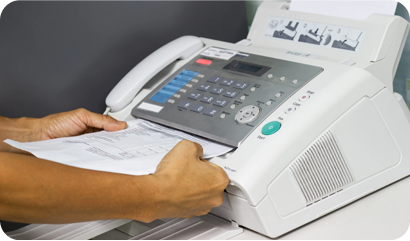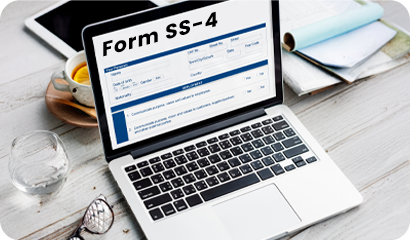Speed and Simplicity
At EIN-Tax-Id-Form.com, our online estate Tax ID application involves filling out an intuitive, single-page online EIN application form. It takes only a few minutes to complete. It includes all the required fields contained on IRS Form SS-4, but every question is written in plain language.


 I Want the Guide
I Want the Guide


















